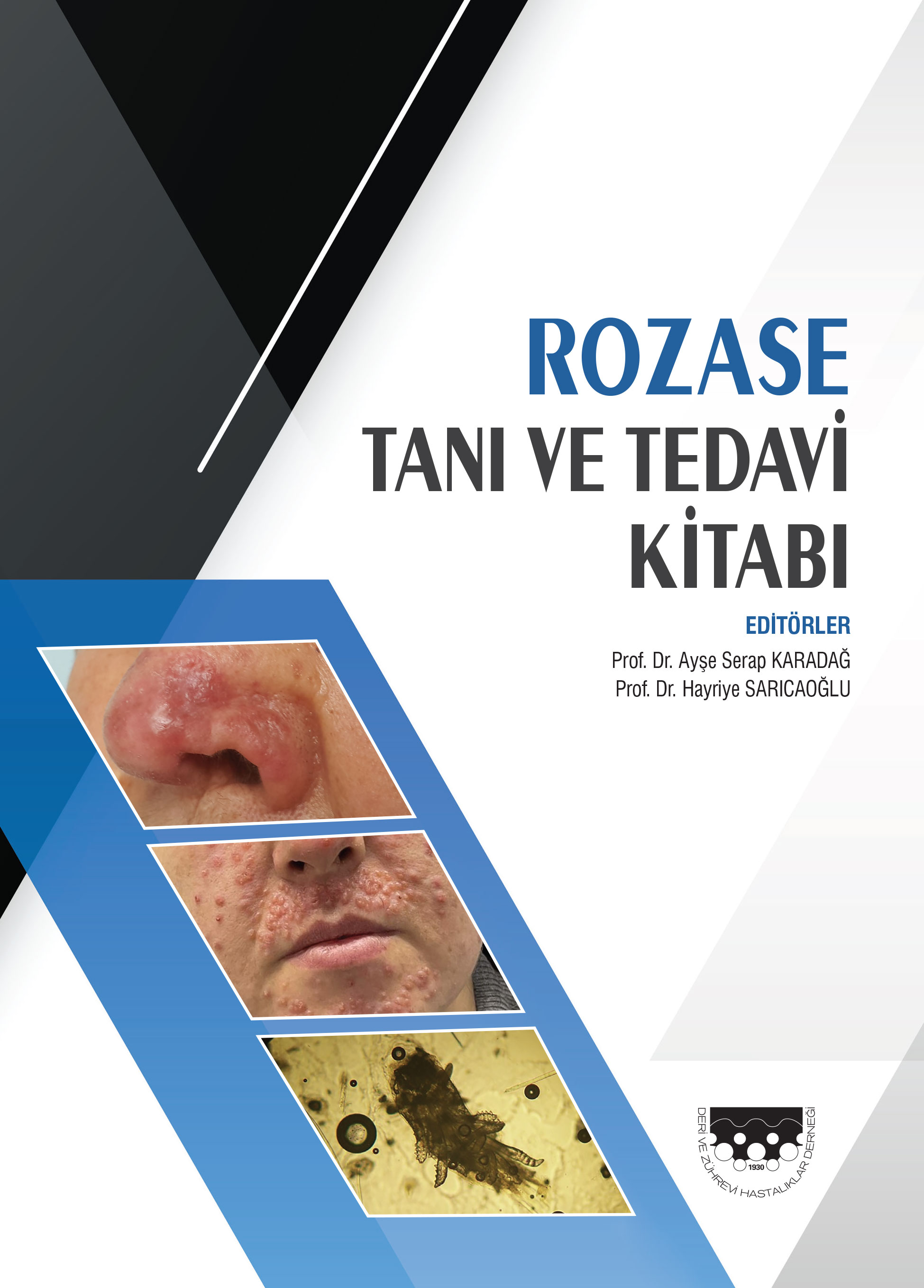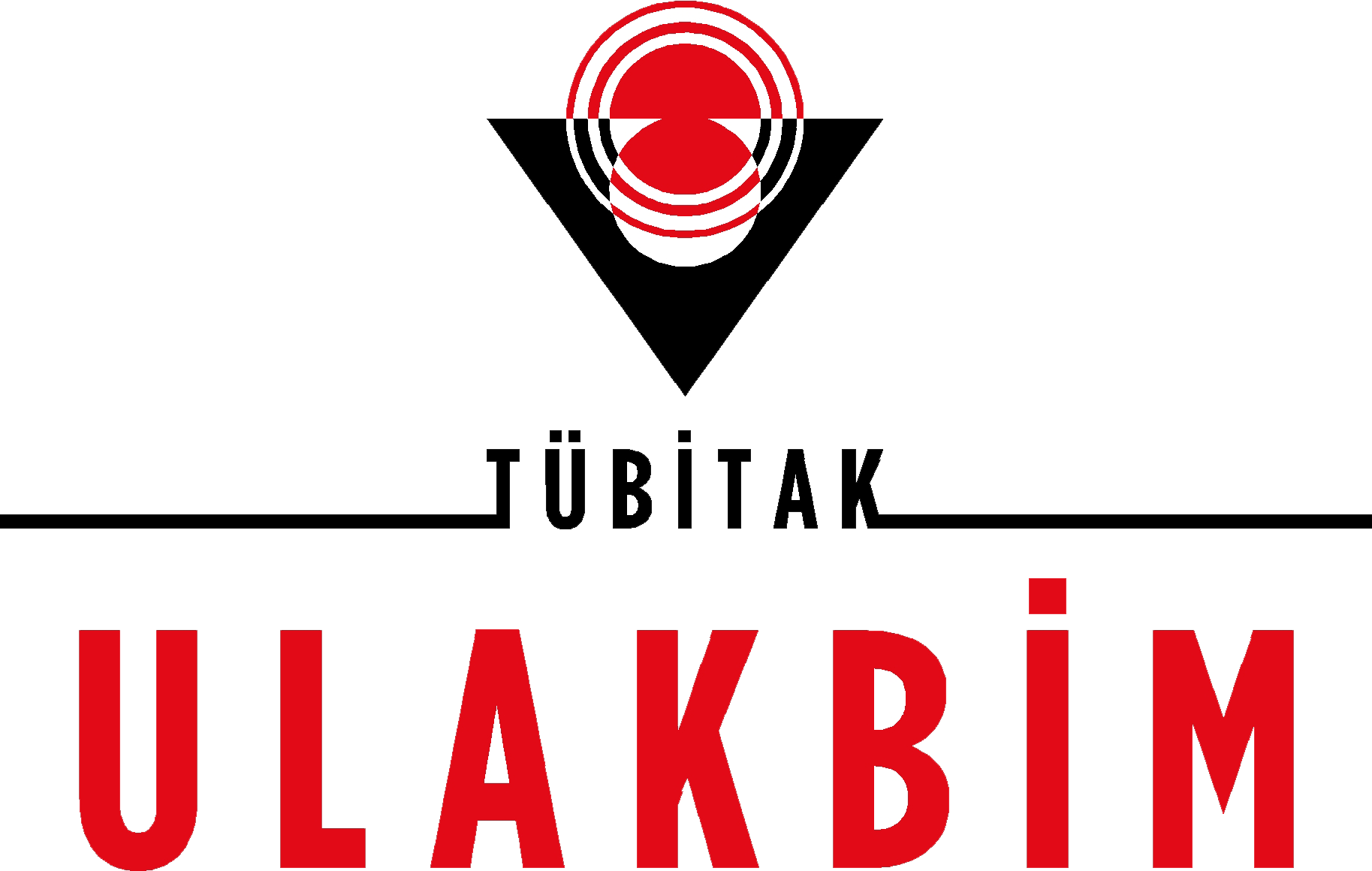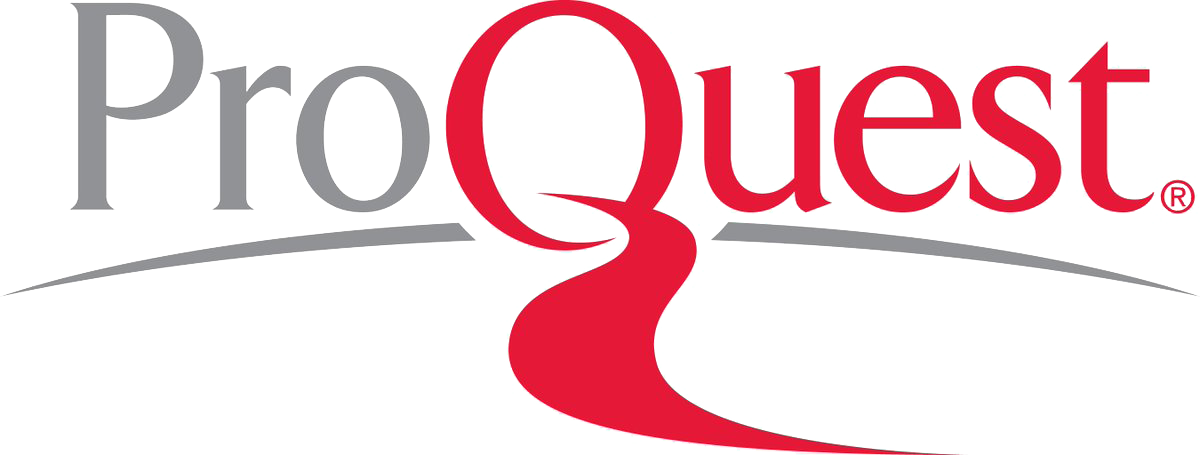The impact of vitamin D deficiency and autoimmunity on chronic spontaneous urticaria severity
Nurcan Metin1, Mustafa Teoman Erdem21University of Health Sciences Turkey, Erzurum Regional Training and Research Hospital, Clinic of Dermatology, Erzurum, Turkey2Private Adatıp Sakarya Hospital, Clinic of Dermatology, Sakarya, Turkey
Background and Design: In this study, we investigated the role of vitamin D deficiency and autoimmunity in chronic spontaneous urticaria (CSU) etiopathogenesis and their impact on the disease severity.
Materials and Methods: Sixty patients with CSU aged between 18 and 65 years were enrolled to the study. The control group comprised 40 healthy individuals who had no episodes of urticaria or any other chronic diseases. An autologous serum skin test (ASST) was performed in all patients. In addition, 25 hydroxyvitamin D, thyroid autoantibodies (TA), anti-nuclear antibody (ANA), and basophils were evaluated in all groups. Urticaria activity score-7 (UAS7) and dermatological quality of life index (DLQI) of all patients were examined.
Results: Angioedema was more frequent and UAS7 was higher in ASST-positive patients than ASST-negative patients (p=0.035, p=0.018, respectively). <10 ng/mL vitamin D levels were more fraquently seen in the patients with CU than in the control group (p=0.002). The frequencies of TA and ANA positivity were higher, and basophil count was lower in all patients compared to the control group (p=0.001, p=0.001, p=0.001, respectively). The quality of life was more impaired in patients with positive ASST (p=0.011). The duration of the disease was longer, and UAS7 was higher in patients with positive-TA (p=0.012, p=0.028, respectively). UAS7 was significantly higher in ANA-positive patients (p=0.042). A significant negative correlation was found between the DLQI and basophil counts (p=0.039).
Conclusion: Understanding the role of vitamin D deficiency, autoimmunity in CSU etiopathogenesis may help treat severe diseases.
Keywords: Urticaria, vitamin D, thyroid antibodies, anti-nuclear antibody, basophils
Vitamin D eksikliğinin ve otoimmünitenin kronik spontan ürtiker şiddetine etkisi
Nurcan Metin1, Mustafa Teoman Erdem21T.C. Sağlık Bilimleri Üniversitesi Erzurum Bölge Eğitim ve Araştırma Hastanesi, Deri ve Zührevi Hastalıklar Kliniği, Erzurum, Türkiye2Özel Adap Hosipital, Deri ve Zührevi Hastalıklar Kliniği, Sakarya, Türkiye
Amaç: Bu çalışmada kronik spontan ürtiker (KSÜ) etiyopatogenezinde D vitamini eksikliği ve otoimmünitenin rolünü ve bunların hastalık şiddetine etkisini araştırmayı amaçladık.
Gereç ve Yöntem: Onsekiz-altmış beş yaşları arasındaki 60 KSÜ hastası çalışmaya dahil edildi. Kontrol grubu daha önce ürtiker atağı geçirmemiş ve kronik hastalığı olmayan 40 sağlıklı bireyden oluşuyordu. Tüm hastalara otolog serum deri testi (ASST) yapıldı. Tüm gruplarda 25 hidroksivitamin D, tiroid otoantikorları (TA), antinükleer antikor (ANA) ve bazofiller değerlendirildi. Tüm hastaların ürtiker aktivite skoru-7 (UAS7) ve dermatolojik yaşam kalitesi indeksi (DLQI) incelendi.
Bulgular: ASST pozitif olan hastalarda anjiyoödem, ASST negatif olanlara göre daha sık ve UAS7 daha yüksekti (sırasıyla; p=0,035, p=0,018). <10 ng/mL D vitamini düzeyleri hastalarda sağlıklı kontrollere göre daha sıktı (p=0,002). Tüm hastalarda kontrol grubuna göre TA ve ANA daha yüksekti ve bazofil sayısı daha düşüktü (sırasıyla; p=0,001, p=0,001, p=0,001). ASST-pozitif hastalarda yaşam kalitesi daha fazla bozulmuştu (p=0,011). TA-pozitif olan hastalarda hastalık süresi daha uzundu ve UAS7 daha yüksekti (sırasıyla; p=0,012, p=0,028). ANA-pozitif olan hastalarda UAS7 anlamlı olarak daha yüksekti (p=0,042). DLQI ve bazofil sayısı arasında anlamlı negatif korelasyon bulundu (p=0,039).
Sonuç: KSÜ etiyopatogenezinde D vitamini eksikliğinin ve otoimmünitenin rolünü anlamak, şiddetli hastalığı tedavi etmemize yardımcı olmaktadır.
Anahtar Kelimeler: Ürtiker, D vitamini, tiroid antikorları, anti-nükleer antikor, bazofiller
Manuscript Language: English























